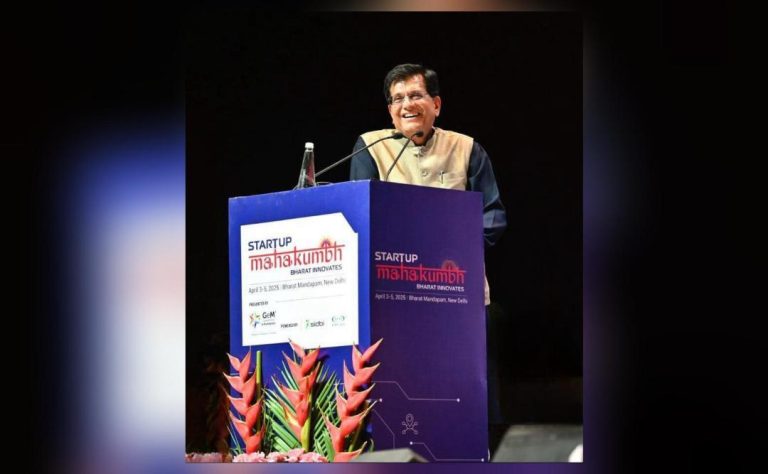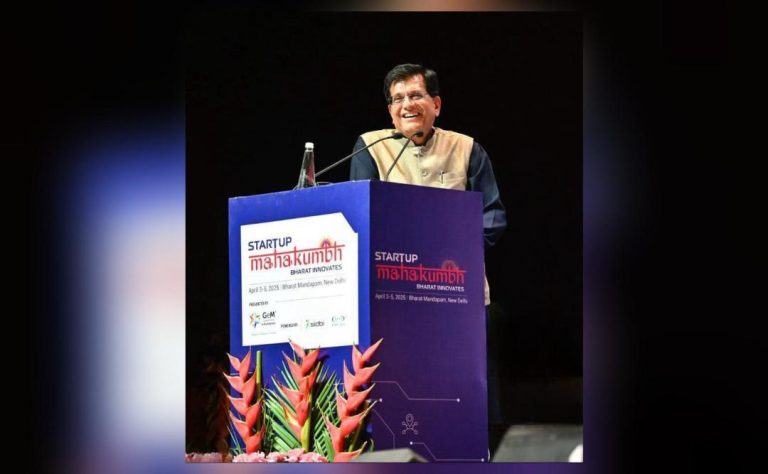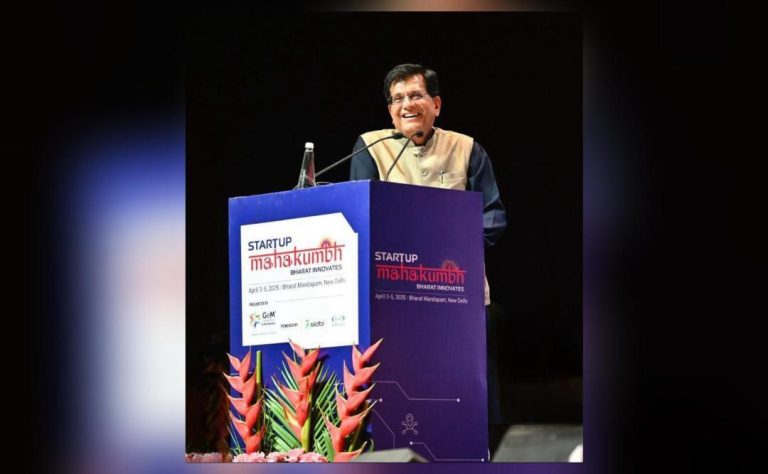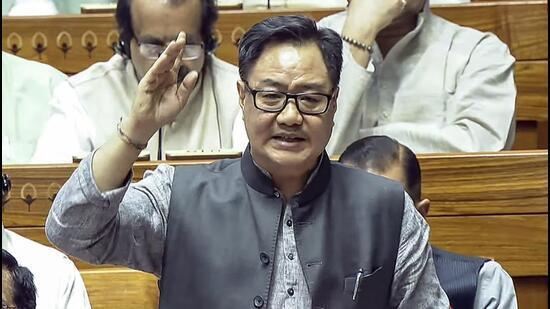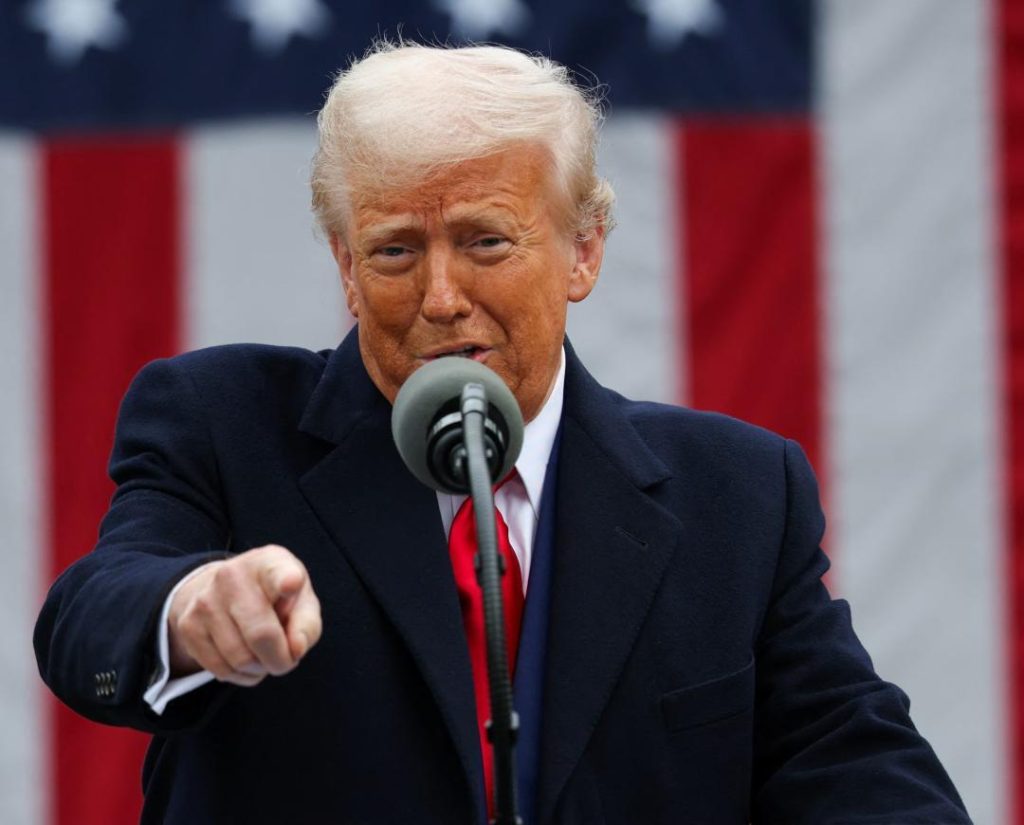
Which Goods & Items are Exempt from Trump’s New Tariffs?
On Wednesday, April 2, US President Donald Trump announced reciprocal tariffs on several countries, including China, Mexico, Canada, and the European Union. The tariffs aim to counter the perceived unfair trade practices and subsidies received by these countries. While the tariffs are expected to impact various industries and products, not all goods are affected equally. In this blog post, we will explore the commodities that have been exempt from Trump’s new tariffs.
As reported by Moneycontrol, a leading financial news website, certain products have been kept out of the ambit of the tariffs. These include pharmaceuticals, bullion (physical gold and silver of high purity), energy, some minerals not available in the US, copper, steel, aluminum, semiconductors, and lumber articles.
Pharmaceuticals: A Significant Exemption
Pharmaceutical products are among the most significant exemptions from the tariffs. The industry is a significant contributor to India’s exports, with pharma products worth nearly $9 billion being exported to the US every year. The exemption is a welcome relief for Indian pharmaceutical companies, which have been facing increased competition from generic drugs in the US market.
The exemption is also seen as a strategic move to maintain good relations between the US and India, as the US is one of the largest markets for Indian pharmaceutical exports. Indian companies such as Sun Pharmaceutical Industries, Dr. Reddy’s Laboratories, and Lupin have significant exports to the US and will benefit from the exemption.
Bullion and Energy: Other Key Exemptions
Bullion, including physical gold and silver of high purity, is another key exemption from the tariffs. The exemption is expected to benefit Indian bullion importers, who were facing a significant increase in costs due to the tariffs. The exemption is also seen as a relief for Indian jewelers, who rely heavily on imported gold and silver for their businesses.
Energy products, including crude oil and refined petroleum products, are also exempt from the tariffs. This is seen as a strategic move to maintain good relations with oil-producing countries, including Saudi Arabia and the United Arab Emirates, which are among the largest suppliers of oil to the US.
Other Exemptions: Copper, Steel, Aluminum, Semiconductors, and Lumber Articles
Other products that have been exempt from the tariffs include copper, steel, aluminum, semiconductors, and lumber articles. These products are critical to various industries, including construction, manufacturing, and technology.
Copper, for example, is used extensively in electrical wiring and other applications, while steel and aluminum are used in construction and manufacturing. Semiconductors are used in a wide range of products, including smartphones and computers, while lumber articles are used in construction and other industries.
What Does This Mean for Indian Exports?
The exemptions from the tariffs are seen as a significant relief for Indian exporters, who were facing increased costs due to the tariffs. The exemptions will help maintain India’s competitiveness in the global market and ensure that Indian exports continue to grow.
However, it is important to note that not all Indian exports are exempt from the tariffs. Other products, including textiles, apparel, and leather goods, are still subject to the tariffs. Indian exporters of these products will need to consider alternative markets or reduce their dependence on the US market to mitigate the impact of the tariffs.
Conclusion
In conclusion, while Trump’s new tariffs are expected to impact various industries and products, not all goods are affected equally. Certain commodities, including pharmaceuticals, bullion, energy, copper, steel, aluminum, semiconductors, and lumber articles, have been exempt from the tariffs. The exemptions are seen as a strategic move to maintain good relations with key trading partners and ensure that Indian exports continue to grow.
As the global trade landscape continues to evolve, it is essential for Indian exporters to stay informed about the latest developments and adjust their strategies accordingly. By understanding the exemptions and implications of the tariffs, Indian exporters can continue to grow and thrive in the global market.



